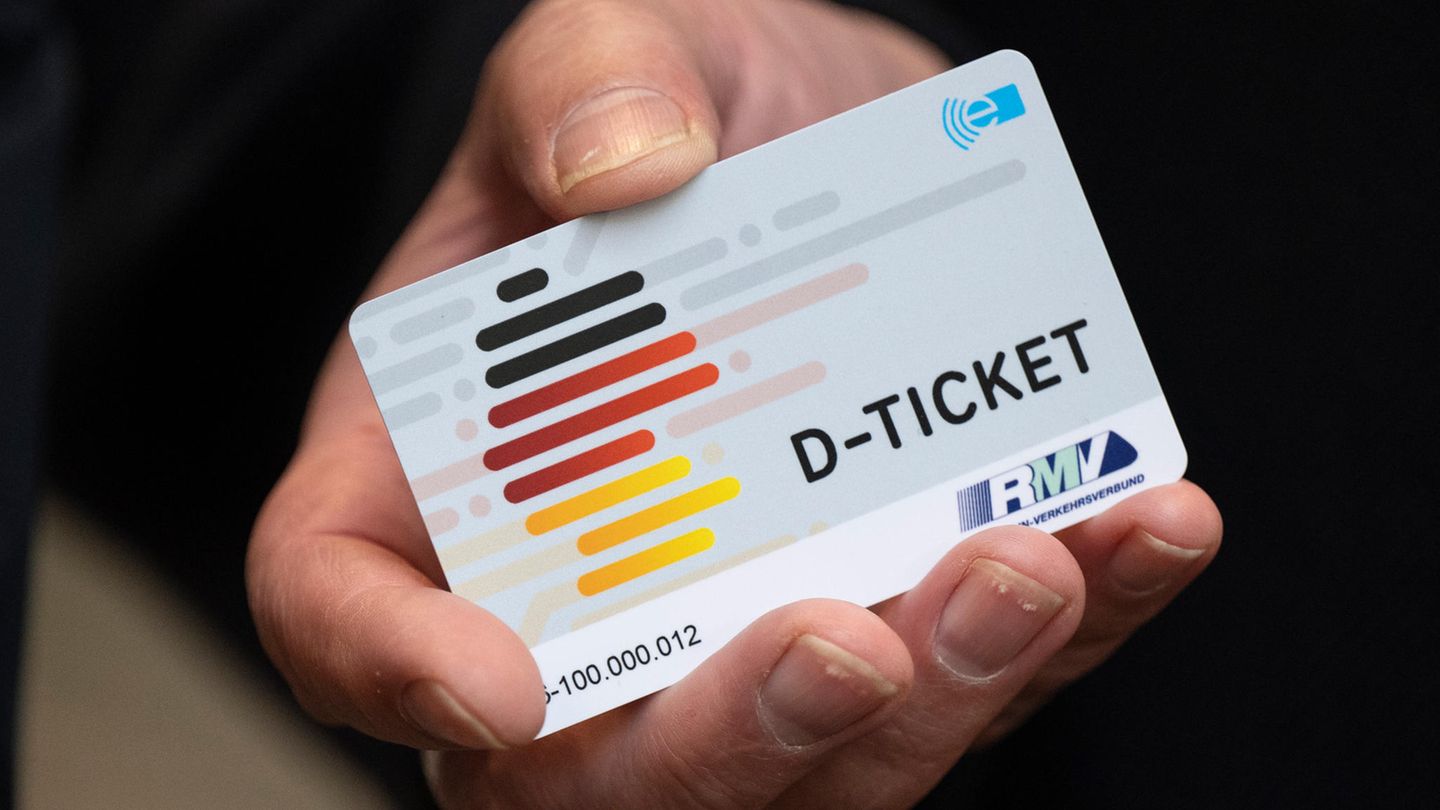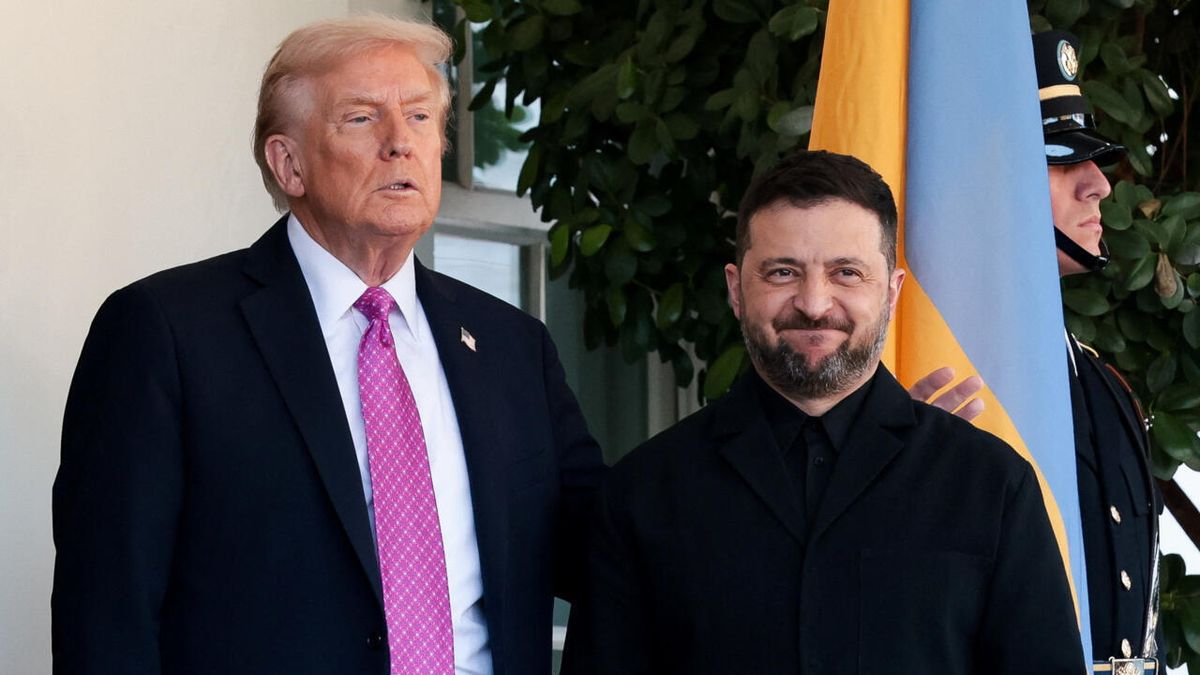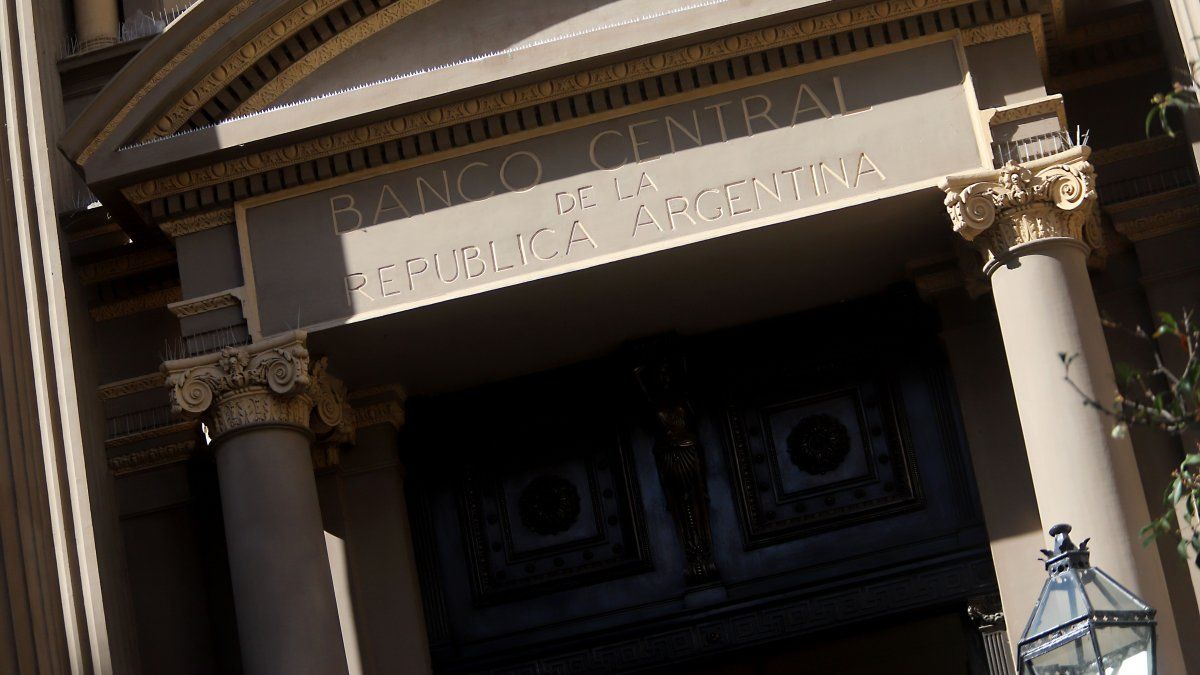The Deutschlandticket, which is valid throughout the country and has around eleven million subscribers, is considered a success. But financing has long been a bone of contention. The ticket will probably become more expensive in 2025.
One ticket for all regional trains and local public transport throughout Germany – and all for a low flat rate. That is the idea behind the Deutschlandticket. It currently costs 49 euros a month. But those days are likely to be over soon. “The transport ministers of the states agree that there will be an increase in ticket prices in 2025,” said NRW Transport Minister Oliver Krischer (Greens) after a special conference with his colleagues in Düsseldorf today. He stressed that it is currently not possible to say how much the subscription for local public transport will cost. The price so far is 49 euros a month.
Price for Deutschlandticket to be re-determined in autumn
There will be more clarity on this after the upcoming transport ministers’ conference in the autumn, “when we have all the figures, data and facts and in particular the political decisions of the federal government that are still pending,” said Krischer. “As transport ministers of the states, we naturally want to maintain the attractiveness of the ticket. We will do everything we can to ensure that this increase is as moderate as possible.”
The increase would be necessary even if all planned federal and state funds were to flow as planned, according to the ministers’ resolution. But there is still uncertainty among the states and the transport industry, particularly with regard to funding from the federal government.
Transferability of remaining funds secured
At least the federal government has now finally passed a cabinet resolution to amend the regionalization law, which will secure certain financing aspects, said Krischer. In this way, the price of the ticket can be kept stable this year, as agreed.
The draft for a drafting aid for a corresponding resolution has been made available to the news agency Dpa. Among other things, it contains the possibility for transport companies to be able to use unused funds from 2023 for 2024 and – this is new – 2025. This had been agreed for a long time. However, the government has so far failed to implement the necessary reform of the Regionalization Act.
Cheap to the sea
With the Deutschlandticket directly to the most beautiful beaches of the North and Baltic Seas
The states are demanding that the cabinet decision now announced be passed by the cabinet in July of this year – but not without making significant changes first.
Provisional cuts
The draft currently provides that regionalization funds amounting to 350 million euros, which are to be used to finance the Deutschlandticket in 2025, will be held back for the time being. The money will only be paid out once the state provides proof of how the funds have been used. This could therefore happen from September 1, 2026 at the earliest.
“Despite the extremely strained financial situation in the industry, we are supposed to wait almost two more years until the regionalization funds that the federal government has long since promised are paid out in full,” said the President of the Association of German Transport Companies, Ingo Wortmann, following the special conference. “This is absurd and neither commercially nor economically justifiable.” Even now, the funds available are barely sufficient to finance the existing offer.
Dispute as old as the ticket itself
The states also criticize the planned temporary cut in regionalization funds. “This cannot be guaranteed in many cases for well-known technical reasons,” they write in their resolution. The federal government also wants further price reductions within the framework of the Deutschlandticket, for example for school tickets, to no longer be paid for from regionalization funds in the future. The states would therefore have to shoulder such offers alone. “This interferes with the sovereignty of the states and also reduces sales, thus increasing the deficit of the Deutschlandticket at the expense of the federal and state governments,” the ministers write.
The federal government, in turn, criticized the announced price increase. “It is paradoxical when the debate about price increases is started at the same time by the states,” said Stefan Gelbhaar, the Green Party’s spokesman for transport policy. “These games must end. Now that the transfer of federal funds has been secured, higher prices are off the table.”
The dispute over the financing of the Deutschlandticket is as old as the subscription itself. The transport companies are suffering high revenue losses due to the cheaper offer. The federal and state governments had originally agreed to each compensate for this in half. The regionalization funds with which the federal government supports the states in providing public transport were increased for this purpose. Nevertheless, there are repeated disputes over the long-term security of the ticket, which has allowed holders to travel on public transport buses and trains nationwide since May last year.
Source: Stern
I have been working in the news industry for over 6 years, first as a reporter and now as an editor. I have covered politics extensively, and my work has appeared in major newspapers and online news outlets around the world. In addition to my writing, I also contribute regularly to 24 Hours World.




